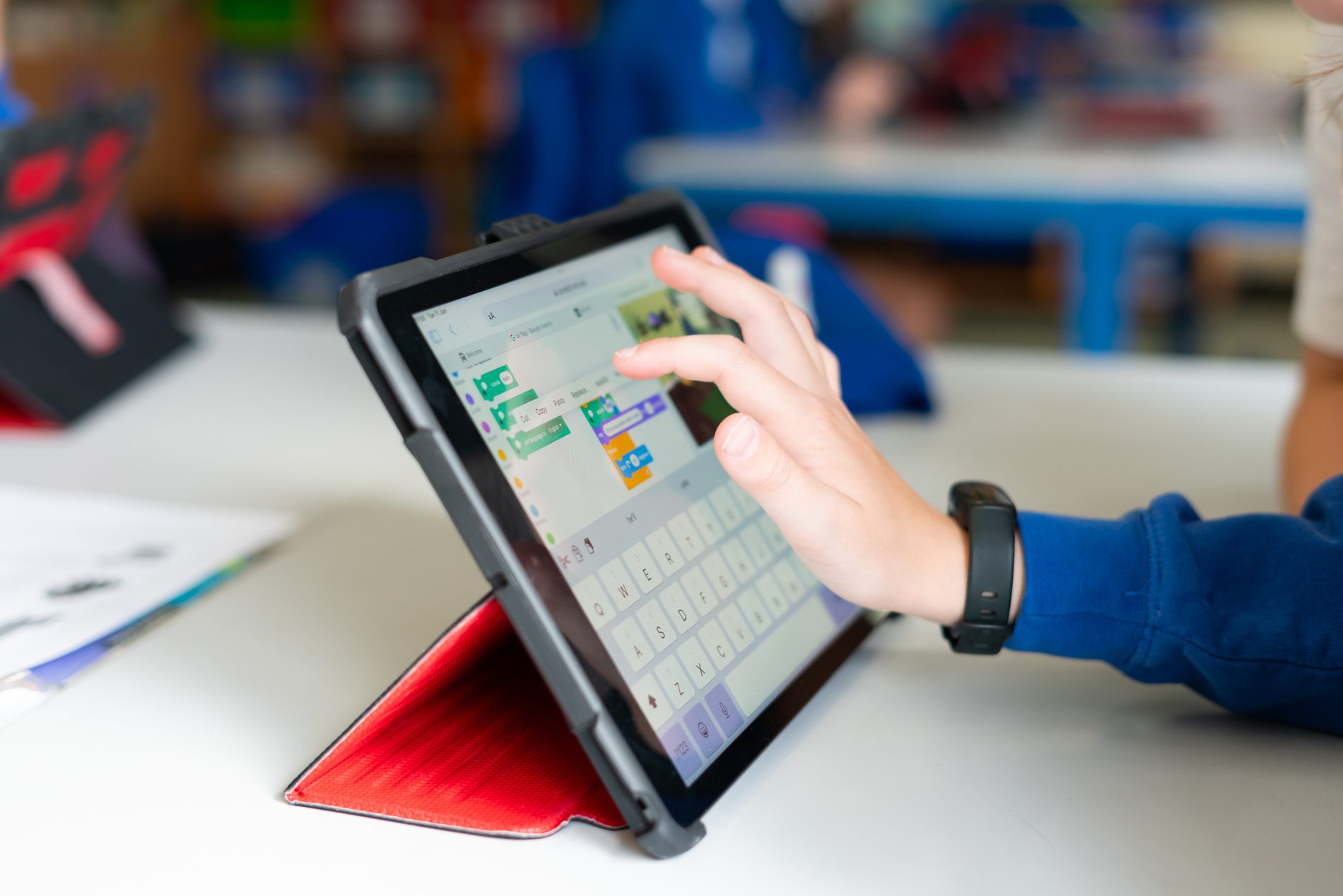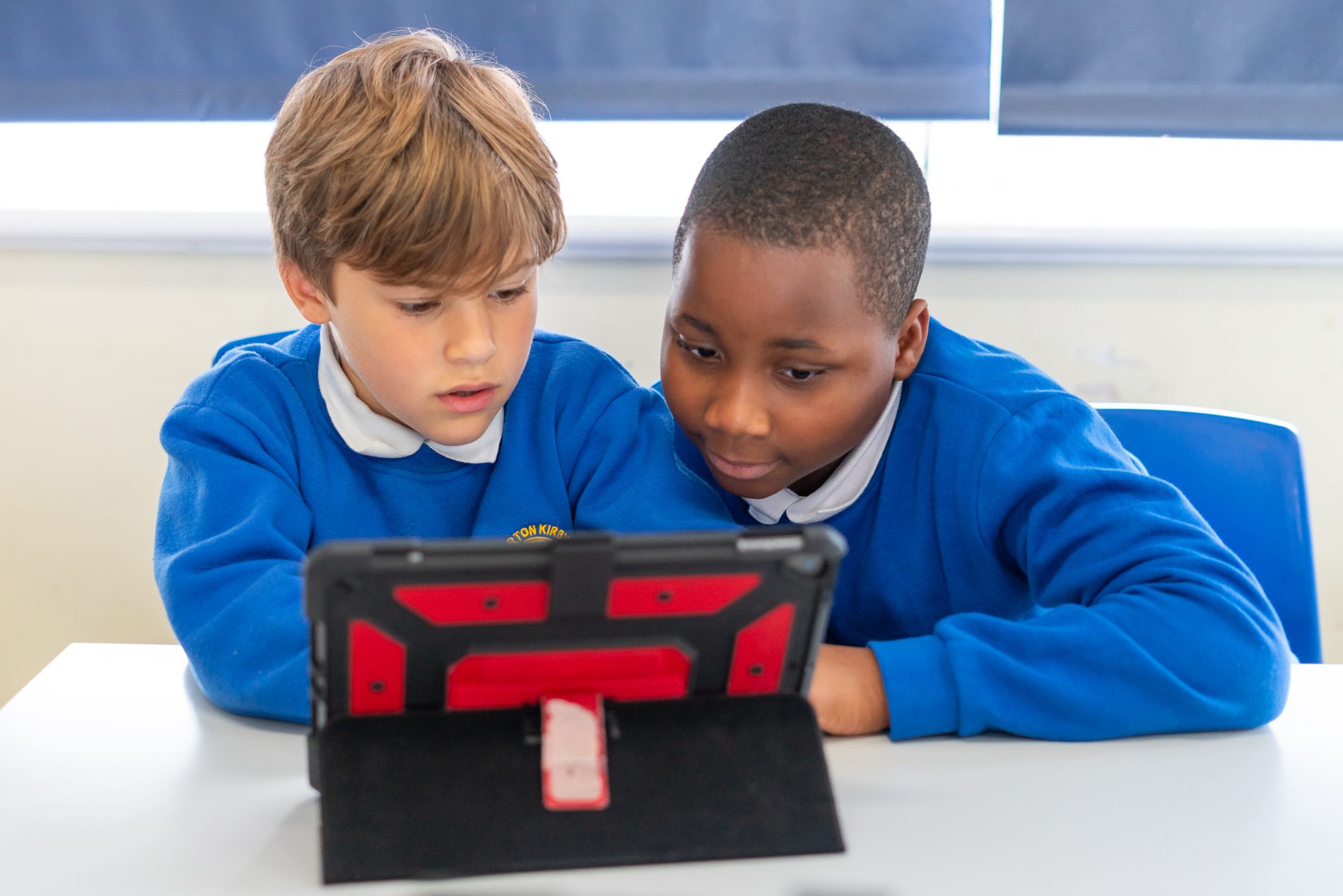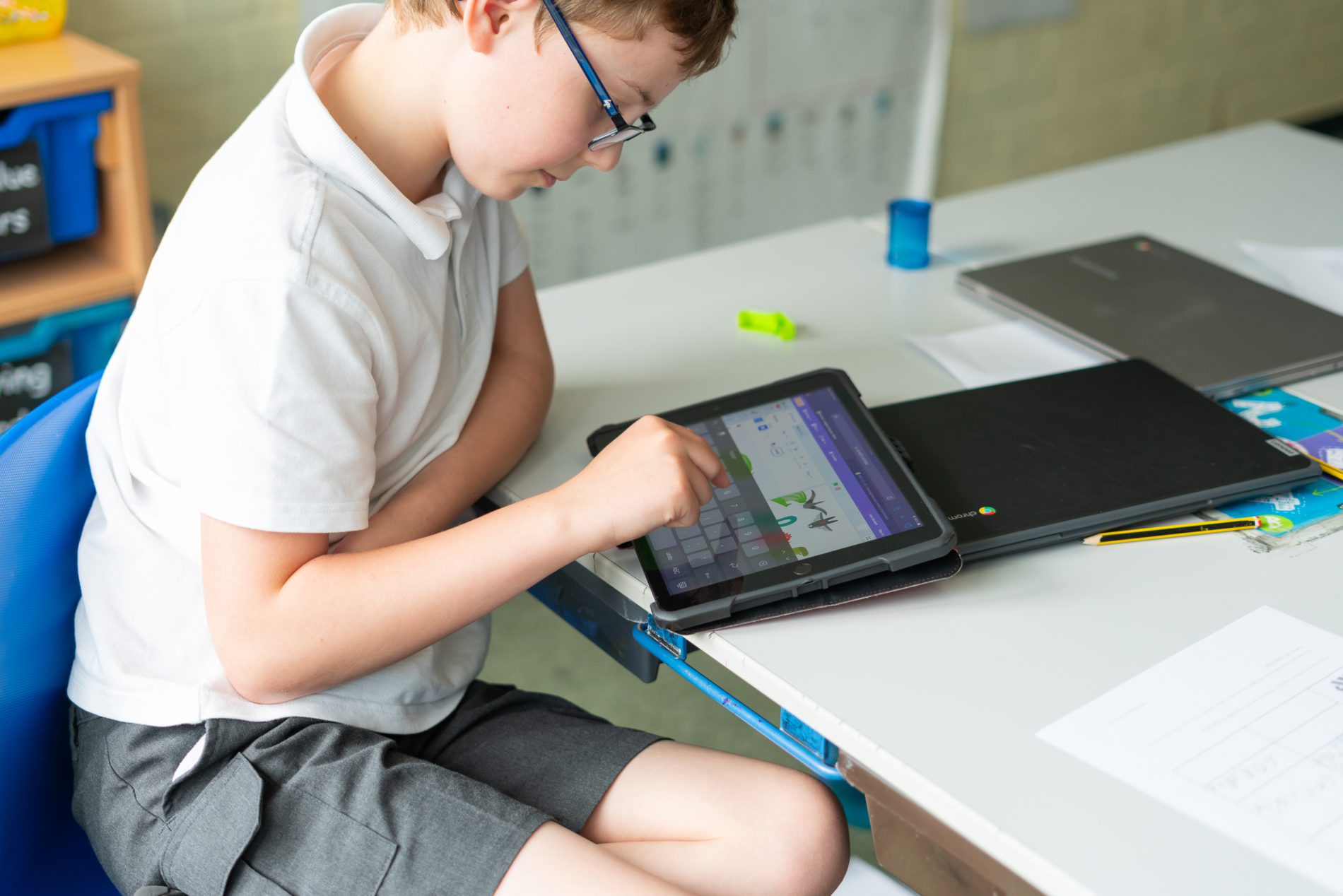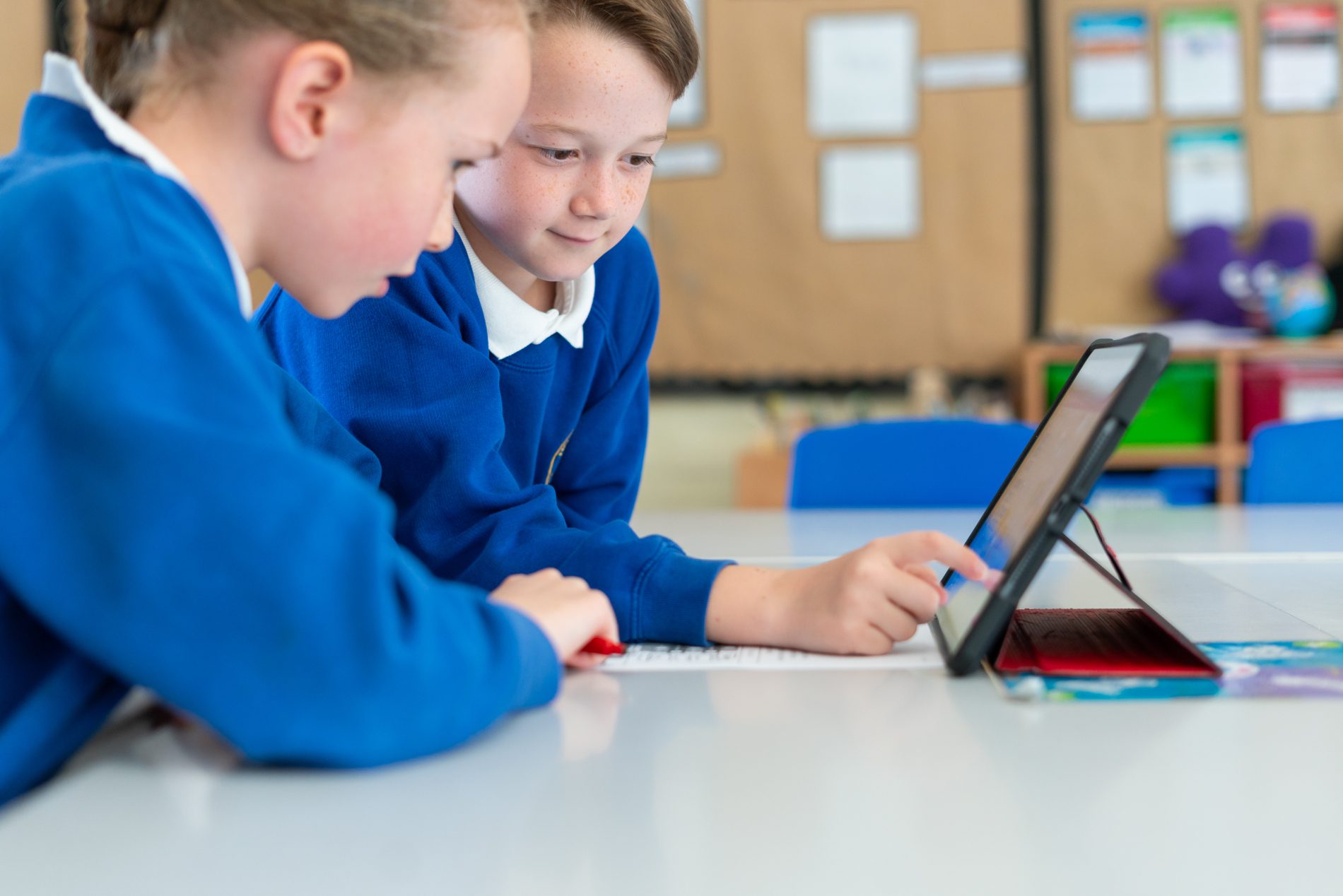Computing Subject Leader: Mrs J Holden
For any more information on Horton Kirby’s Computing Curriculum, please contact the office.
With an ever-growing technological society, the demand for learning computing skills is essential to the education of pupils and opens pupils’ eyes to the digital world of computer science, information technology and digital literacy.
Intent
Technology is everywhere and will play a pivotal part in students’ lives. Therefore, we want to model and educate our pupils on how to use technology positively, respectfully and safely. We want our pupils to be creators not consumers and our broad curriculum -encompassing computer science, information and communication technology and digital literacy- reflects this. Our curriculum has been tailored to meet the needs of our pupils and excite their curiosity. It is relevant to today’s changing technological world and introduces them to new experiences that make them eager to be in school. Our curriculum will be adapted where necessary to ensure children of all abilities can access it in a meaningful way.
We want our pupils to understand that there is always a choice when using technology and we aim to utilise technology (especially social media) to model positive use. We recognise that the best prevention for a lot of issues that can arise with technology/social media is through education. We intend to use technology to allow pupils to share their learning in creative ways and we understand the opportunities technology can provide for our pupils to broaden their horizons.
We aspire for our pupils to be fluent with a range of tools to best express their understanding and by Upper Key Stage 2, children will have the independence and confidence to then choose the best tool to fulfil any technological tasks and challenges they meet through all phases of their education and as they go forward into the wider world.



Implementation
Pupils develop procedural knowledge and skills through our broad, rich curriculum which gives opportunities for pupils to apply their knowledge creatively in order to become skilful computer scientists. Our learners gain an understanding of the role computing plays in the modern world through its immersion in other subjects and topics. Pupils are also given opportunities to lead learning by having the responsibility of becoming digital leaders.
Pupils are taught how systems work, the principles of programming, exploring and writing algorithms. They are taught to use analytical and problem solving skills to create and debug programmes using resources such as Beebots. Learning is adapted where necessary to support the diverse needs of the children at our school so that SEND/ EAL pupils can fully access the computing curriculum, disadvantaged pupils have equal opportunities and children of all abilities are challenged so they are confident approaching different concepts as they move on into the wider world. Pupils learn resilience when using algorithms and many other complex programs and get regular IT experience to build long term memory.
Pupils have daily access to computers, laptops and tablets and a range of digital learning tools such as cameras and data loggers to support their learning. Staff try and embed computing across the whole curriculum to make learning creative and accessible. We will constantly ask the WHY behind their learning and not just the HOW.
Impact
Children will enjoy and value the computing curriculum we deliver. We aim for learners to discuss, reflect and appreciate the impact computing has on their learning, development and well-being. Finding the right balance with technology is key to an effective education and a healthy life-style.
The way pupils showcase, share, celebrate and publish their work will best show the impact of our curriculum. We also look for evidence through reviewing pupil’s knowledge and skills digitally through tools like Seesaw and observing learning regularly. Progress of our computing curriculum is demonstrated through these outcomes.
Through our curriculum, pupils will develop knowledge of how systems work and the principles of Computer Science. They will develop the ability to be confident, competent and creative users of information and communication technology and will develop the fundamental skills to enable them to participate successfully and safely in a modern, digital world.

Computing in Each Stage
In EYFS, pupils will learn basic information about computing. Pupils will familiarise themselves with touch screens and computer equipment and will increase their confidence throughout the year in using computers.
Click the link below to view our EYFS long-term plan:
In KS1, pupils will adapt their learning from EYFS to use technology to create, organise, store, manipulate and retrieve digital content. Pupils will learn how to create musical compositions using software, edit photos, record a film using the camera app, create spider diagrams and more.
Click the link below to view our year 1 and year 2 long-term plans:
Pupils in KS2 will be able to select, use and combine a variety of software on a range of digital devices to create a range of programs, systems and content. Pupils will be able to accomplish given goals, including collecting, analysing, evaluating and presenting data and information.
Click the link below to view our year 3 – 4 long-term plan, and year 5 – 6 long-term plan:
Year 3 Curriculum Year Overview
Year 4 Curriculum Year Overview
Computing Progression
At Horton Kirby, we develop our pupil’s computing understanding through essential skills; growing their depth of knowledge year on year. Through the use of ‘end of year expectations’, we are able to monitor their progress and allocate extra support and adaptations to the curriculum for pupils to maintain a strong computing education.
The computing curriculum is spilt into three categories: Information Technology, Computer Science and Digital Literacy
SEND Information
Learning is adapted where necessary to support SEND/EAL pupils and to challenge more able pupils.
Computing Extra Resources
For more resources about online safety, please visit our resources page here.

